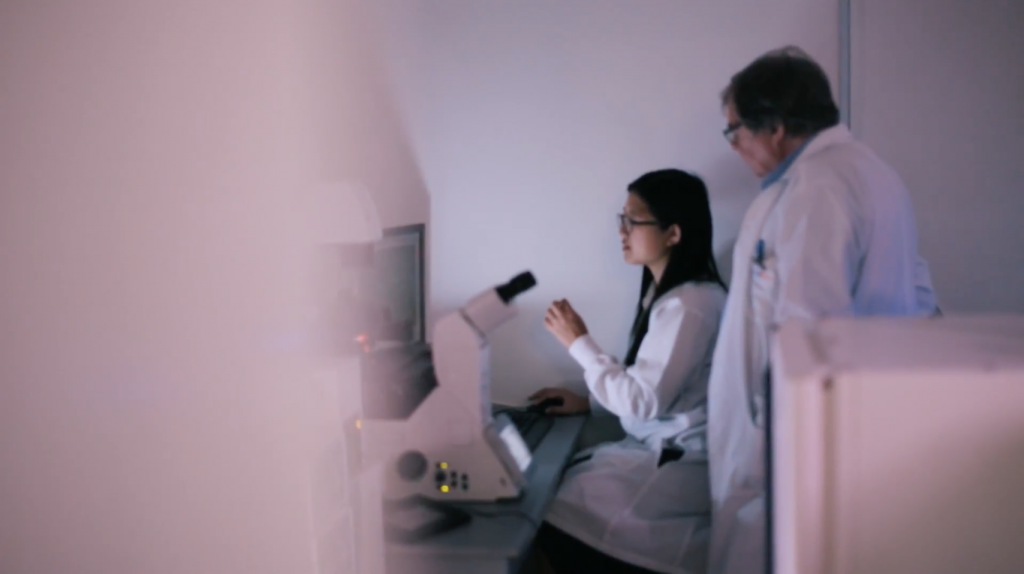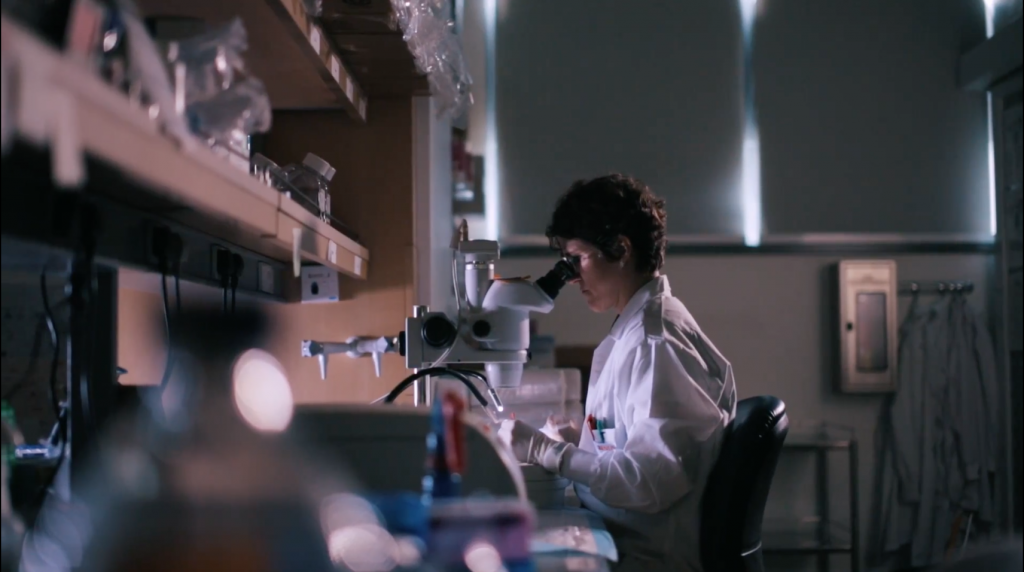Diabetes is often talked about as a silent killer -- surreptitious, debilitating and sometimes fatal. Furthermore while many suffer from the disease, not everyone suffers in the same way. For some, they are resigned to a lifetime of medicine and insulin injections -- along with high medical bills and a lowered quality of life -- others, meanwhile, suffer from painful complications from the disease. These can include kidney failure, blindness, or even amputation. Diabetes has a high preponderance among Asian populations, but one man is leading the fight against it, with the help of Tanoto Foundation Founder Sukanto Tanoto.
Diabetes: The Insidious Disease
Professor Karl Tryggvason is currently the Tanoto Foundation Professor of Diabetes Research at Duke-NUS Medical School, Singapore’s only U.S. styled graduate medical school. The Professorship, established through a gift provided by Tanoto Foundation in 2013, aids Prof. Tryggvason’s work in understanding what has become a pressing issue for the region. As Prof. Tryggvason laments, “Diabetes is increasing everywhere. It is, unfortunately, worse in Asia.”

It is a sentiment echoed by Belinda Tanoto, member of Tanoto Foundation’s Board of Trustees, “Today, 60% of the world’s diabetic population is Asian. Of the undiagnosed cases in Asia Pacific, the figure is higher than the global average of 46%. This is a situation that we want to change.”
The Icelander first started out as a student of architecture, but found his calling in medicine. Needless to say, architecture’s loss was medicine’s gain. Today, his research on diabetes provides serious ammunition for fighting a disease that half of all patients in South East Asia suffer complications from. Specifically, Prof. Tryggvason’s work heavily focuses on discovering more effective cures for diabetes. Through stem cell research, his team has been attempting to cultivate insulin cells that could just prove the key to curing type-II diabetes.
Knowledge not just for Knowledge's Sake
His work is set to benefit patients worldwide, many of whom currently depend upon more conventional, and unpleasant, forms of treatment. “A major therapy for diabetes is injecting insulin into the body. It is not very nice, to have this therapy for your whole life,” said Prof. Tryggvason.
A separate, and equally important, aspect of Prof. Tryggvason's research delves into the genetics of diabetes; his team is currently looking for a genetic basis that might predispose certain patients to complications. By extension, Prof. Tryggvason's team is also looking for protective genes – genes that protect one from such complications. Furthermore Singapore’s racial diversity and clearly defined ethnic groups, according to Prof. Tryggvason, makes it the perfect destination for the study of genetic causes for diabetes.
Undoubtedly, these are heady days for those fighting the good fight against diabetes. Backed by Tanoto Foundation’s willingness to create a positive impact for society, Prof. Tryggvason remains all the more grateful for Sukanto Tanoto and the Foundation's belief in his work.
As Prof. Karl suggests, “With money coming from Tanoto Foundation, things are more flexible. And it is important to have a certain amount of such money, because in research, we are looking for answers to the unknown, and we cannot always know beforehand, how exactly we are going to do it.”



